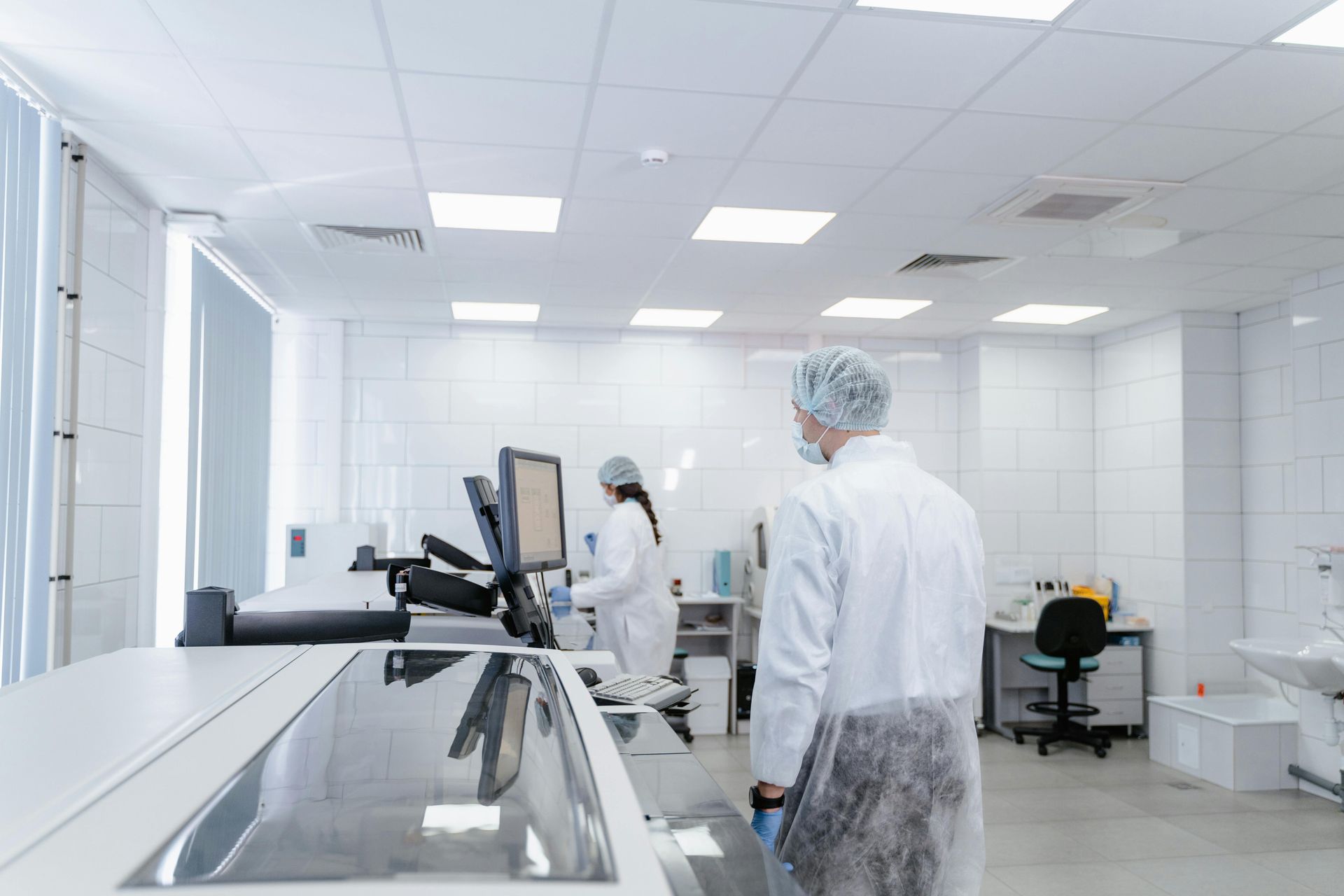New Vaccines Are More Than 90% Effective
On November 9, Pfizer and BioNTech announced that their COVID-19 vaccine candidate showed promising results in Phase 3 clinical trials. Preliminary findings suggest that the vaccine can prevent COVID-19 in more than 90% of people.
Only a week later, Moderna announced that its COVID-19 vaccine appears to be 94.5% effective according to the biotechnology company’s ongoing preliminary study. Worldwide, a total of ten vaccine candidates are currently in late-stage testing.
While Pfizer’s vaccine must be shipped and stored below 158 degrees Fahrenheit, Moderna expects their candidate to be stable at normal fridge temperatures of 36 to 48 degrees. It can also be stored for up to six months at -68 degrees.
What Can the Data Tell Us?
An interim analysis of the data from Pfizer’s Phase 3 clinical trial suggests that the vaccine is 90% effective at preventing COVID-19.
The analysis, conducted by an independent data monitoring board, examined 94 infections recorded so far in a study that enrolled nearly 44,000 people across the U.S. and five other countries. Each participant received two injections.
The Food and Drug Administration (FDA) requires U.S. vaccine candidates to be studied in at least 30,000 people. Studies must also include adequate numbers of older adults and other high-risk groups, including minorities and individuals with chronic health problems.
The FDA has also made it mandatory for investigators to track 50% of participants for at least two months to identify any adverse effects. Pfizer expects to reach that milestone by the end of the month, but has already stated the absence of any serious safety concerns.
Moderna’s vaccine is being studied in 30,000 volunteers. An independent monitoring board examined 95 infections that were recorded two weeks after a second dose was administered. Doses were administered 28 days apart.
What Can't the Data Tell Us?
Pfizer and Moderna both warn that initial protection rates may change by the end of their respective studies. It’s important to keep in mind that preliminary findings are only based on cases of COVID-19 reported seven days after the second dose. Pfizer now intends to look for cases 14 days after the second dose.
Moreover, Pfizer has not yet reported how many infections so far have occurred in older people, who are at a higher risk of developing more serious complications. Vaccines are often less effective in older populations—this is why flu and shingles vaccines for seniors contain a higher dose. Moderna’s success rate, however, included older adults above the age of 65.
Another cause for concern is that many people with COVID-19 develop very mild symptoms. Preliminary findings do not make it clear whether the vaccine prevents severe disease or stops transmission entirely.
One other factor involves asymptomatic transmission—participants were only tested if they developed symptoms, leaving it unclear whether vaccinated people could become infected, show no symptoms, and spread the virus unknowingly.
Once the study is complete, Pfizer and Moderna intend to submit their data to a peer-reviewed publication.
What Type of Vaccine Is This?
Pfizer’s vaccine is an mRNA vaccine with the official name of BNT162b2. Multiple drug developers are investigating other types of vaccines with different mechanisms of action.
According to clinical and vaccine immunology, Pfizer’s mRNA vaccine contains a set of genetic instructions on how to create the modified spike protein for the virus that causes COVID-19, SARS-CoV-2. Once injected into the body, the immune system learns to recognize the spike protein.
Moderna’s vaccine candidate uses similar mRNA technology—its official name is mRNA-1273. Vaccines developed by CureVac and Arcturus Therapeutics (partnered with Duke-NUS) are currently in Phase 2 trials.
Staying at the Forefront of COVID-19 Response Efforts
Now is the time to invest in new skills for your organization. Get your teams up to speed with professional training and certification courses from the Center for Professional Innovation and Education (CfPIE).
Are you interested in keeping your organization COVID-ready? Get in touch with a member of the CfPIE team by calling 1-610-648-7550 or emailing info@cfpie.com.
Blog Categories
Stay Informed


